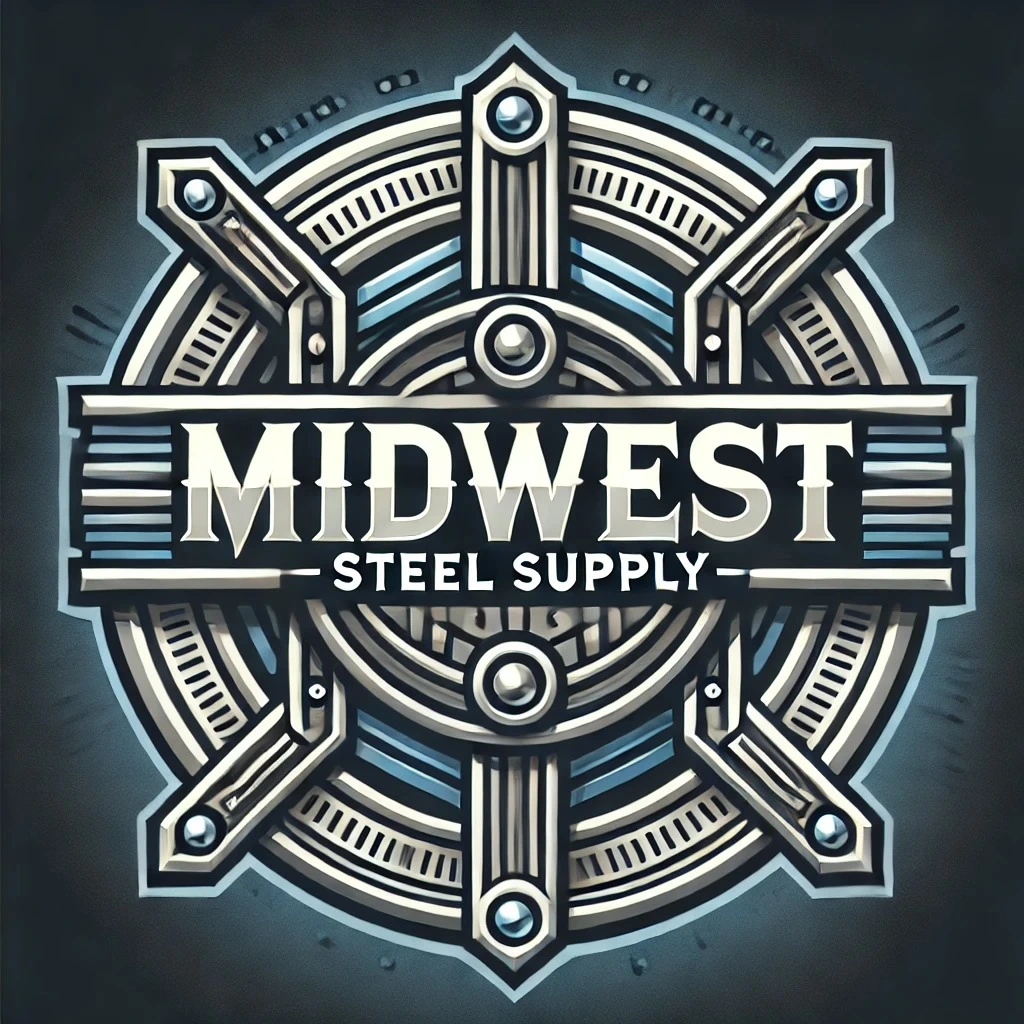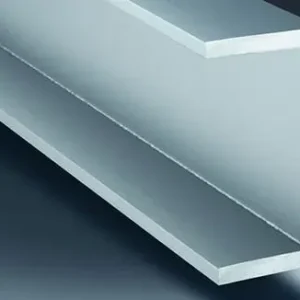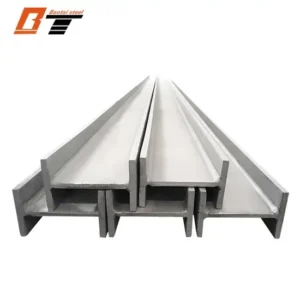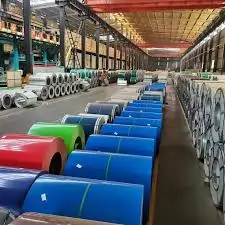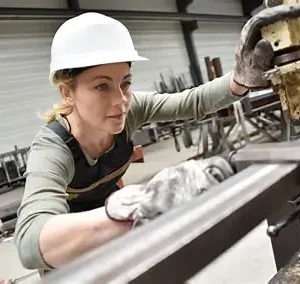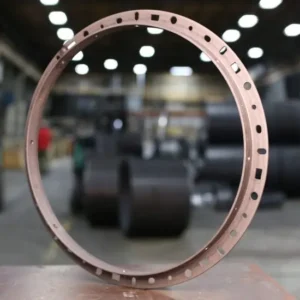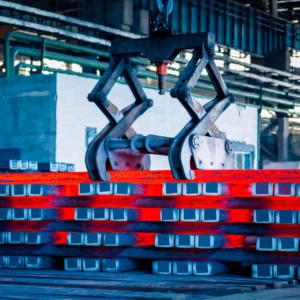Does Galvanized Steel Rust? Understanding Its Durability and Protection
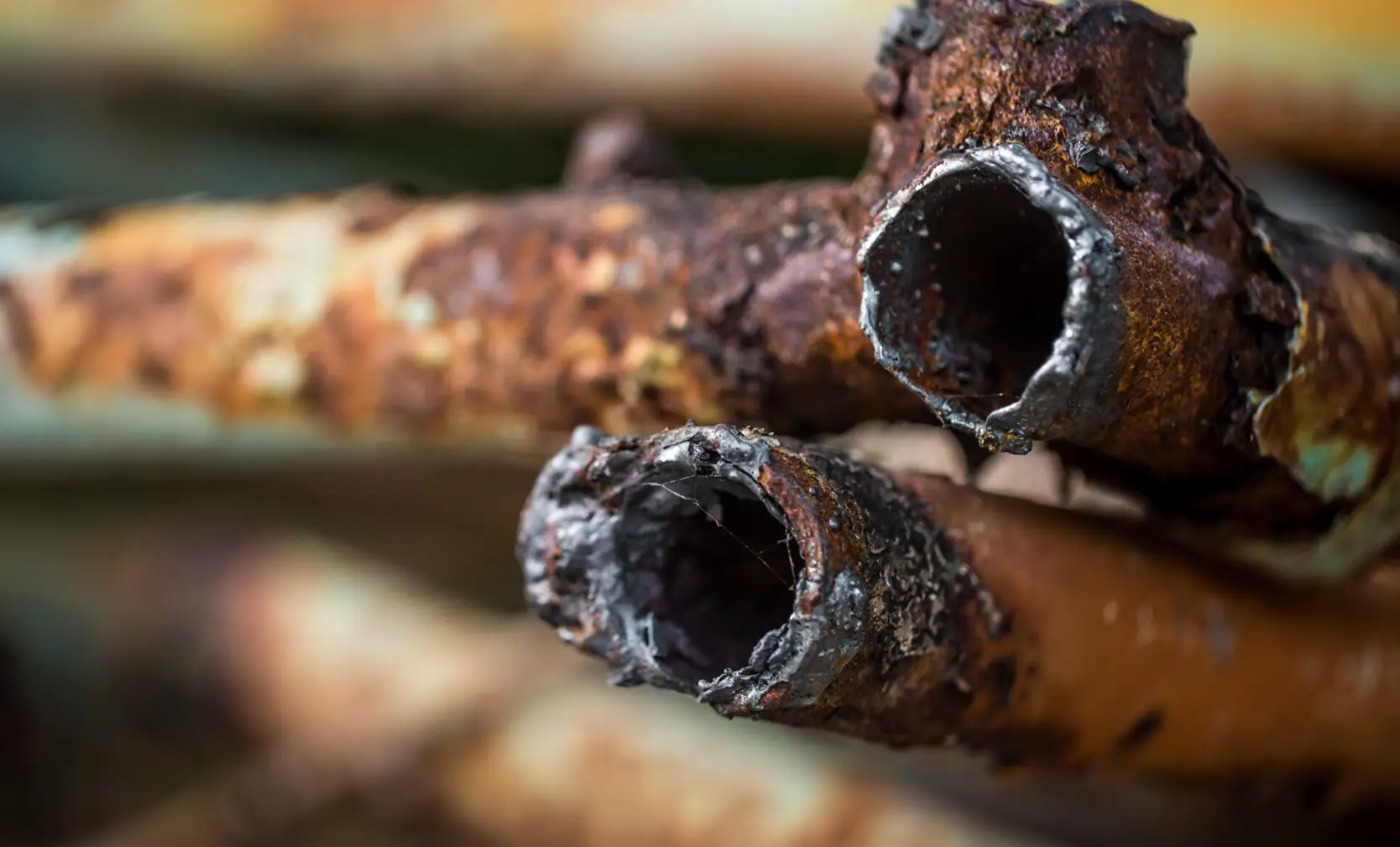
Construction sites, manufacturing facilities, and diverse industries depend heavily on galvanized steel because of its capability to withstand rust and corrosion. But does galvanized steel rust? The answer to this question is affirmative only when specific conditions apply. The protective zinc coating on galvanized steel acts as an excellent barrier but cannot completely block rust from appearing. Knowledge about galvanized steel functioning and its usable periods and protection against corrosion will optimize its lifetime utility.
What Is Galvanized Steel?
Regular steel undergoes galvanization to obtain a protective layer of zinc which turns it into galvanized steel. A zinc coating serves to protect the steel by blocking contact between water and air which causes rust formation. The steel receives protection from corrosion through both molten zinc dipping and electroplating techniques which produce robust zinc coatings.
There are several types of galvanized steel, including:
- Hot-dip galvanized steel – Dipped in molten zinc for a thick, durable coating.
- Electro-galvanized steel – Coated with zinc using an electrical process, resulting in a thinner layer.
- Pre-galvanized steel – Coated before fabrication, commonly used for sheets and tubing.
Each type provides a level of protection against rust, but they all have limits depending on the environment and exposure.
Why Doesn’t Galvanized Steel Rust Easily?
Zinc coating on galvanized steel builds a protective layer that stops oxygen along with moisture from contacting the steel surface. Zinc shows sacrificial behavior as the metal corrodes faster than steel so it protects it from deterioration. Damaged areas of zinc coating create zinc oxide or zinc carbonate layers using zinc protection that stops additional attack on the underlying steel structure.
When Does Galvanized Steel Rust?
Despite its protective coating, galvanized steel is not completely rust-proof. It can corrode under certain conditions:
1. Damage to the Zinc Coating
If the protective zinc layer is scratched, chipped, or worn away, the exposed steel becomes vulnerable to rust. This often happens in areas with frequent friction, cutting, or welding.
2. Prolonged Exposure to Moisture
Continuous exposure to water, high humidity, and condensation can wear down the zinc coating over time. This is especially true in areas with poor ventilation where moisture lingers.
3. Harsh Chemical Exposure
Acids, salts, and industrial chemicals can accelerate the breakdown of the zinc layer. Coastal environments with saltwater exposure and industrial areas with high pollution levels are particularly harsh on galvanized steel.
4. Age and Natural Wear
Over time, the zinc layer naturally deteriorates, especially if exposed to the elements for decades. Older galvanized steel structures may show signs of rusting after many years.
5. Contact with Other Metals
Galvanic corrosion occurs between galvanized steel when it touches copper along with other dissimilar metals. The presence of an electrolyte in contact with different metals results in corrosion rate acceleration of one metal.
How to Prevent Rust on Galvanized Steel?
While galvanized steel is already designed to resist rust, proper care and maintenance can extend its lifespan even further.
1. Regular Cleaning
Dirt and pollutants can trap moisture, leading to faster corrosion. Cleaning galvanized steel with mild soap and water can help remove these contaminants. Avoid using harsh chemicals that may damage the zinc layer.
2. Apply Additional Coatings
For added protection, applying a layer of paint, powder coating, or sealant can create an extra barrier against moisture and chemicals. Special anti-corrosion sprays and coatings are available for extreme conditions.
3. Minimize Scratches and Damage
Handle galvanized steel carefully to avoid scratching, cutting, or denting the protective zinc layer. If damage occurs, applying a zinc-rich paint or cold galvanizing spray can help restore protection.
4. Ensure Proper Drainage
In outdoor or structural applications, ensure that water does not pool on galvanized surfaces. Proper ventilation and drainage help prevent moisture buildup that can accelerate corrosion.
5. Avoid Contact with Corrosive Materials
If galvanized steel is used near acidic environments, salt water, or copper piping, consider using insulation or barriers to prevent direct contact and reduce the risk of galvanic corrosion.
Comparing Galvanized Steel with Other Rust-Resistant Metals
While galvanized steel is an excellent choice for many applications, other metals also offer rust resistance.
| Metal | Rust Resistance | Best Use Cases |
|---|---|---|
| Galvanized Steel | High (but can corrode over time) | Construction, fences, outdoor structures |
| Stainless Steel | Very high (contains chromium for self-repairing protection) | Kitchen appliances, medical tools, industrial settings |
| Aluminum | Moderate (forms a natural oxide layer) | Roofing, outdoor furniture, electronics |
| Copper | High (develops a patina instead of rust) | Plumbing, electrical wiring, decorative uses |
While stainless steel offers superior rust resistance, it is more expensive than galvanized steel. Choosing the right material depends on factors such as cost, durability, and exposure conditions.
Conclusion
So, does galvanized steel rust? Yes, but only under specific conditions. Zinc coating stands as an excellent shield against moisture and oxidation which makes galvanized steel rank among the top rust-resistant materials today. The zinc layer protects steel from rust but damage to this layer or exposure to chemicals initiation of rusting.
Proper maintenance along with appropriate handling procedures and secondary protective coating applications will extend the lifetime of galvanized steel by reducing its vulnerability to rust. Every construction use and industrial purpose along with outdoor conditions benefit from the affordable and long-lasting rust prevention properties of galvanized steel.
Transferring your understanding of galvanized steel and following recommended safety procedures will protect metal structures from rust for extensive periods
